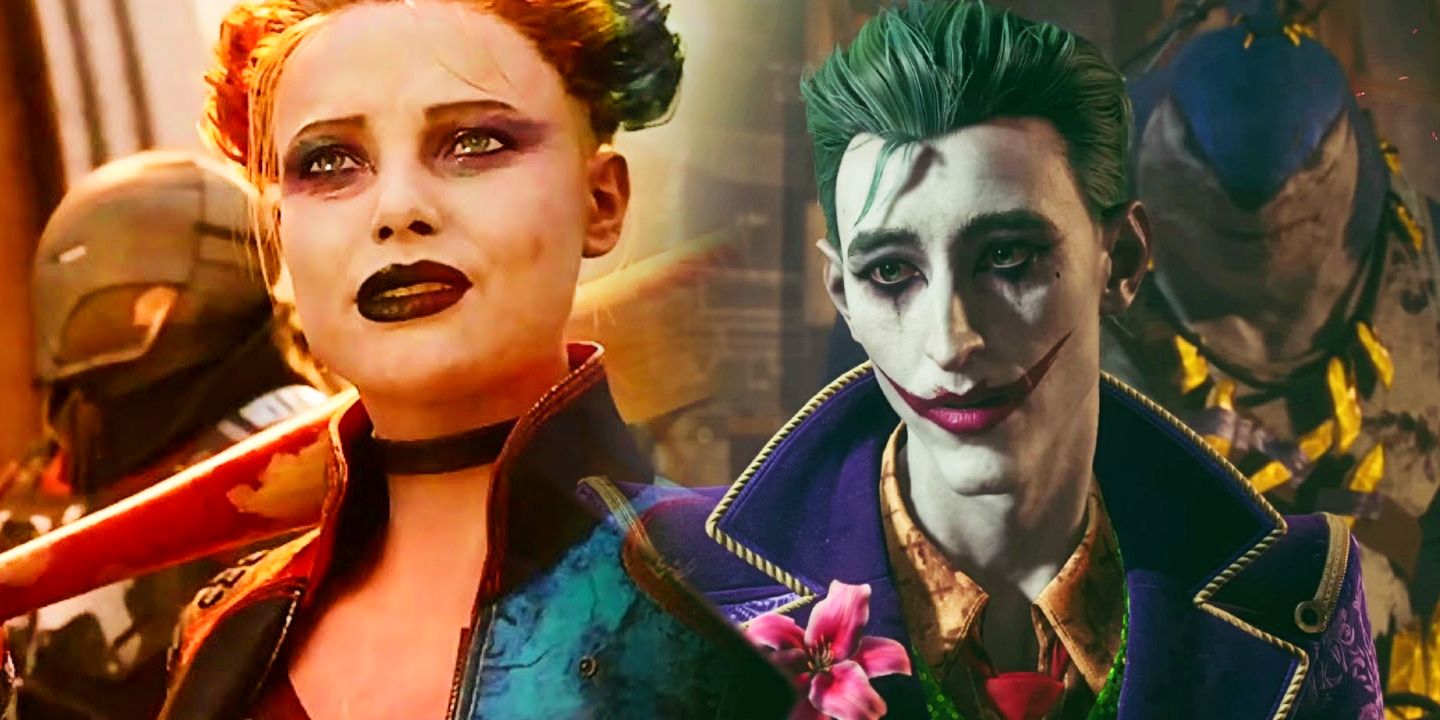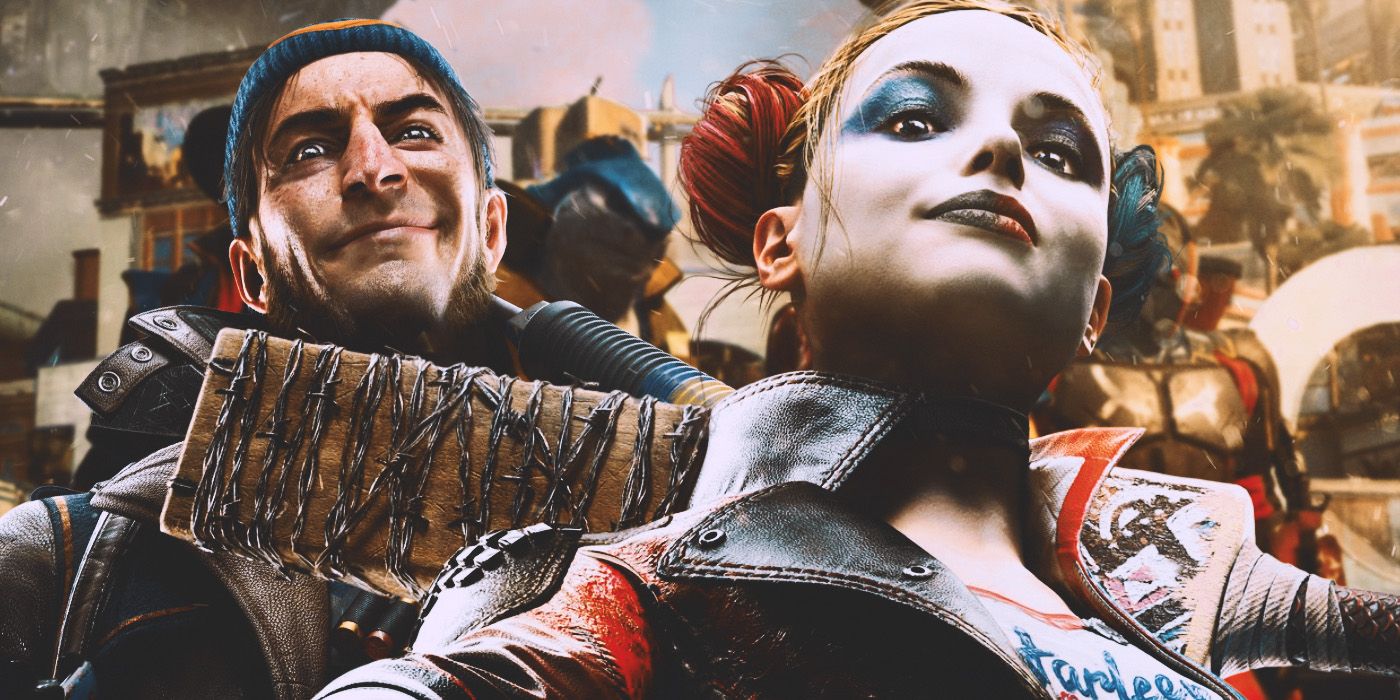
Suicide Squad: Kill the Justice League will no longer receive new content updates after the conclusion of Season 4, developer Rocksteady Studios confirmed in a blog post yesterday. Released on January 30, 2024, Suicide Squad: KTJL is a spin-off of Batman: Arkham series, set in the DC universe. Features third-person action gameplay for up to four players and an original story featuring some of the scene's greatest heroes who were brainwashed and turned into villains. It has also received seasonal content through several periodic updates – but that era is coming to an end.
According to an official blog post KTJL website, Season 4 will mark the final series of content updates for Suicide Squad: Kill the Justice Leaguewhich will end in January with the release of episode 8. The base game and all previous seasons will still be fully playable, whether single or multiplayer, both online and in a new offline mode, in the near future. However, there will be no new content released for the game after the end of the current season.
What happened to Suicide Squad: KTJL?
Bad reviews and negative reception
This seems like a fitting end for the KTJL sagawhich may have been condemned even before its release. Reviews for Suicide Squad were mixed, with praise focused on its story and visuals, but criticism aimed at its buggy performance, repetitive combat, and reused bosses. On the first day of early access, some players logged in and discovered that a bug allowed them to skip the entire main story.
Other players were angered by the lack of offline game modes and its apparent reliance on microtransactions and live service gimmicks throughout the game. Arkham traditional, story-focused, single-player campaigns from the series. Still others simply dismissed its iconoclastic story, which killed off countless good guys from across the DC universe. KTJL eventually landed at 60 in Metacriticwith a 3.4 player rating. Its battle passes, microtransactions, and virtual currency turned off many players, and its player count consistently dropped after the first few weeks of launch.
For many remaining players, however, Joker's failed introduction was the final straw. Although many players expected Joker to be a playable character at launch, he was released two months later in March 2024 as part of a seemingly free update. And while it was technically true that players could unlock Joker for free, doing so required them to perform certain missions to increase their Mastery, a number that was reset at the start of the season. But if players wanted to skip this monotony, they could always pay $10 to unlock it right away.
This has led many gamers to accuse Rocksteady of predatory pay-to-win practices. Player numbers continued to fall as loyal fans quit in frustration and potential new players were deterred by all the bad publicity. If that wasn't the final nail KTJLthe coffin, the cancellation of all future content after season 4 was certainly.
Our Take: The Wrong Move for Rocksteady
Let the live service trend die
Some games quit for mysterious reasons, completely impenetrable to the average gamer. Others were closed due to a convergence of reasons – one may have been the straw that broke the camel's back, but combined, they may have been greater than the sum of their parts. In case of Suicide Squad: Kill the Justice LeagueIt's pretty clear that the game was shut down for one reason and one reason only: player countdown due to an undue, unimaginative and unwanted attitude focus on live service rather than quality.
This simply isn't the kind of experience players expect from Rocksteady's Arkham games that, even when imperfect, focused on delivering quality through well-thought-out stories, stunning visuals, and satisfying gameplay. Look, to a certain extent, I understand: the idea of a cooperative Suicide Squad the game is actually really cool in concept. And live service games like Fortnite can earn a lot of money. But KTJL It would have been much better if its developers had taken time to fix its issues at launchinstead of constantly producing new seasonal content.
Let this be a warning to any developer trying to artificially inject pay-to-win mechanics into what could otherwise have been a good game. Live service is a gamble and the odds are stacked against you. If the game offers a substantial amount of free content and decent gameplay, it has a minuscule chance of success. But it is more likely to follow the path of Suicide Squad: Kill the Justice League.
